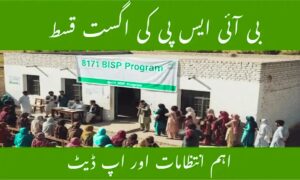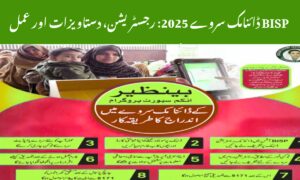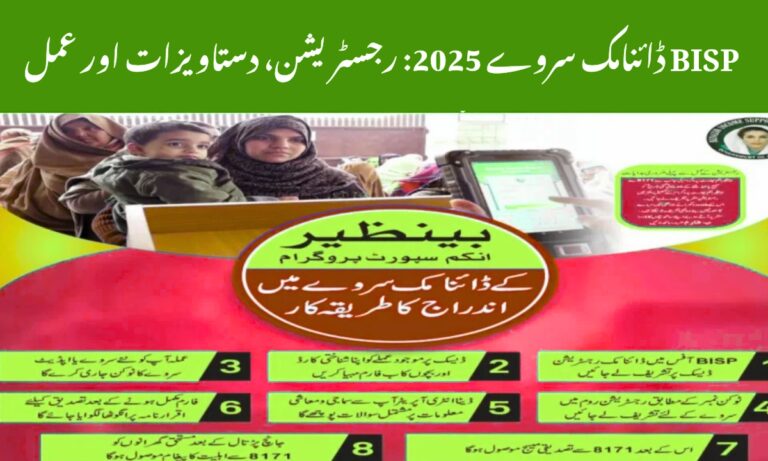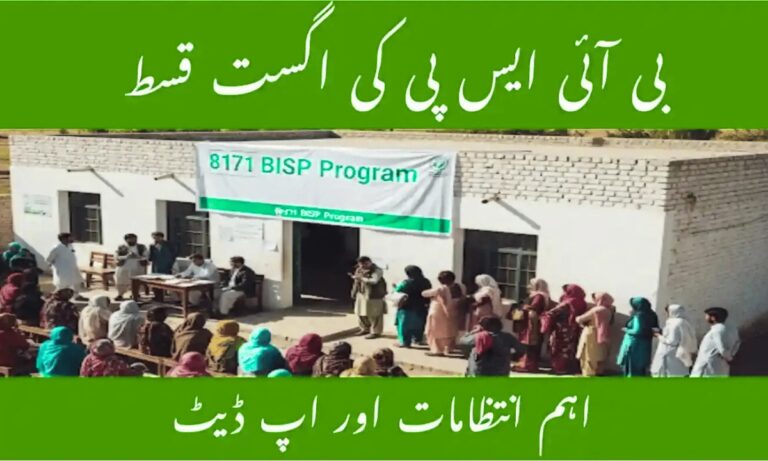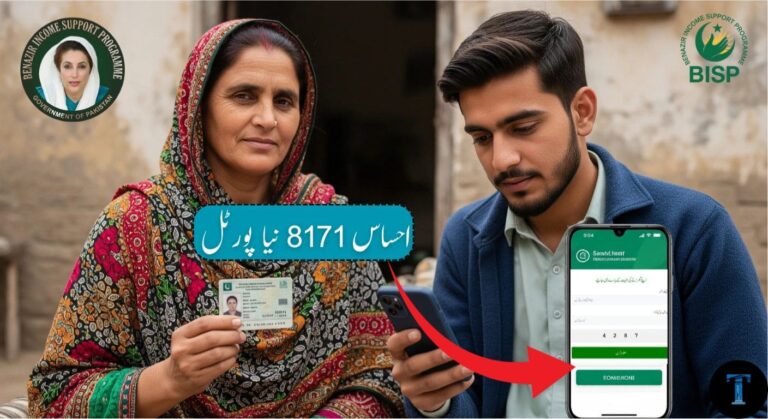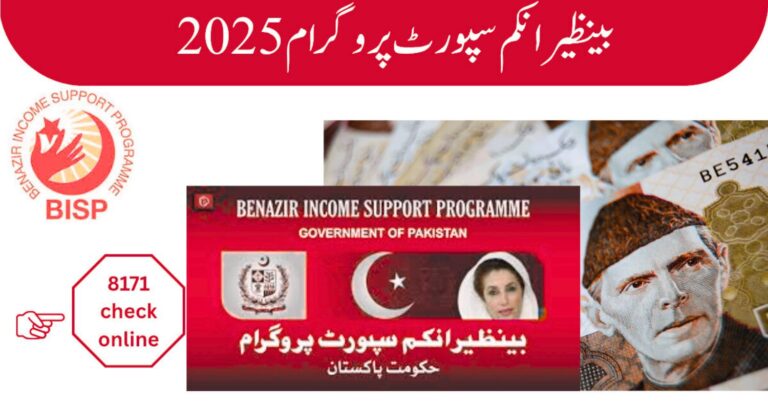Cash transfer programs worldwide are widely recognized as powerful tools for reducing poverty, improving household well-being, empowering women, and strengthening family stability. In Pakistan, the Benazir Income Support Programme (BISP) stands as one of South Asia’s largest social protection initiatives, directly reaching millions of women.
Over the years, BISP has provided much more than financial relief. Research evidence shows that these transfers reduce intimate partner violence (IPV) by lowering financial stress, increasing women’s independence, and improving family relationships. But what happens if these payments suddenly stop? Will families maintain the positive changes, or will violence return to earlier levels? For millions of women, this is not only a policy question but also a matter of safety, dignity, and empowerment.
Why BISP Cash Transfers Matter Beyond Financial Relief
Cash transfers are not just about filling wallets—they reshape household roles, decision-making, and emotional well-being.
Key Protective Effects of BISP Transfers
- Reducing financial stress: Families face fewer disputes over food, healthcare, and education.
- Empowering women: Direct transfers give women greater authority in household decisions.
- Improving relationship harmony: Couples report fewer conflicts and better communication.
- Strengthening social recognition: Women gain respect in families and communities by contributing financially.
These protective factors explain why BISP 2025 cash transfers serve as a strong barrier against IPV in Pakistan.
The Role of BISP in Pakistan
Launched in 2008, the Benazir Income Support Programme has become a cornerstone of Pakistan’s poverty reduction strategy.
Why BISP is unique:
- Transfers are directed exclusively to women, giving them central authority in households.
- It covers millions of households across urban and rural regions.
- Payments are unconditional, allowing women autonomy in spending.
Beyond Poverty Reduction
The impact of BISP goes beyond immediate relief:
- Education: Families use stipends for children’s school fees.
- Healthcare: Payments improve nutrition and medical access.
- Household stability: Reduced financial stress leads to more peaceful family life.
These outcomes make BISP one of the few welfare schemes directly associated with lower IPV rates in Pakistan.
What Happens When BISP Payments Suddenly Stop?
The sudden discontinuation of BISP cash transfers in 2025 poses serious risks.
1. Return to Pre-Program Stress
- Food insecurity rises
- Bills go unpaid
- Household conflicts reignite, triggering IPV
2. Loss of Women’s Empowerment
- Women’s financial authority diminishes
- Decision-making shifts back to men or in-laws
- Risk of violence increases
3. Strain on Household Relationships
- Couples argue more over scarce resources
- Disputes escalate into conflicts
- Emotional strain weakens family harmony
4. Uneven Outcomes Across Families
- A few women retain benefits through savings or confidence
- Most poor households quickly slide back into insecurity
Mechanisms Linking Discontinuation to IPV
- Economic stress: Poverty-driven disputes return
- Shifted power dynamics: Women lose control over finances
- Psychological strain: Anxiety and helplessness increase
- Loss of recognition: Women lose respect as contributors
Lessons from Global Evidence
International examples highlight the importance of sustained cash transfers:
- Bangladesh: Nutrition-linked programs reduced IPV, with long-term benefits.
- Latin America: Education-focused cash transfers lowered household conflicts.
- Sub-Saharan Africa: Payments to women proved more effective in reducing IPV than household-targeted programs.
Global lesson: Cash transfers are most effective when paired with empowerment, skills, and social services.
How to Reduce Harm When Ending Programs
If discontinuation is unavoidable, abrupt withdrawal is risky. Safer approaches include:
| Strategy | Impact |
|---|---|
| Gradual Exit | Reduces shock for families |
| Encourage Savings | Builds household resilience |
| Skills Training | Creates sustainable income |
| Complementary Services | Provides counseling & literacy support |
| Transparent Communication | Minimizes confusion & stress |
Policy Implications for Pakistan
For Pakistan, the lessons are clear:
- Protect women: Keep women as direct recipients
- Ensure sustainability: Pair transfers with empowerment schemes
- Manage risks: Use transitional measures if programs pause
- Monitor impacts: Track not just poverty but also IPV and stability
FAQs – BISP Cash Transfers & IPV
Q1. Why do BISP transfers reduce IPV?
They lower financial stress, empower women, and improve family dynamics.
Q2. What happens if payments stop?
Households face stress, women lose bargaining power, and IPV risks rise.
Q3. Can benefits last after discontinuation?
Yes, but only if combined with savings, skills, and community engagement.
Q4. How can harm be minimized when ending BISP?
Through gradual exit, training programs, and alternative support.
Q5. What global lesson applies to Pakistan?
That cash transfers are both anti-poverty and pro-stability tools, and sudden withdrawal can reverse progress.
Conclusion
The discontinuation of BISP cash transfers in 2025 risks undoing years of progress in poverty reduction and women’s empowerment. While ongoing transfers reduce IPV, sudden withdrawal may push families back into financial instability, household conflict, and violence.
For policymakers, the message is clear: cash transfers are not temporary relief—they are long-term instruments of empowerment and stability. If withdrawal is necessary, it must be gradual, planned, and paired with empowerment initiatives to preserve women’s dignity and safety.







